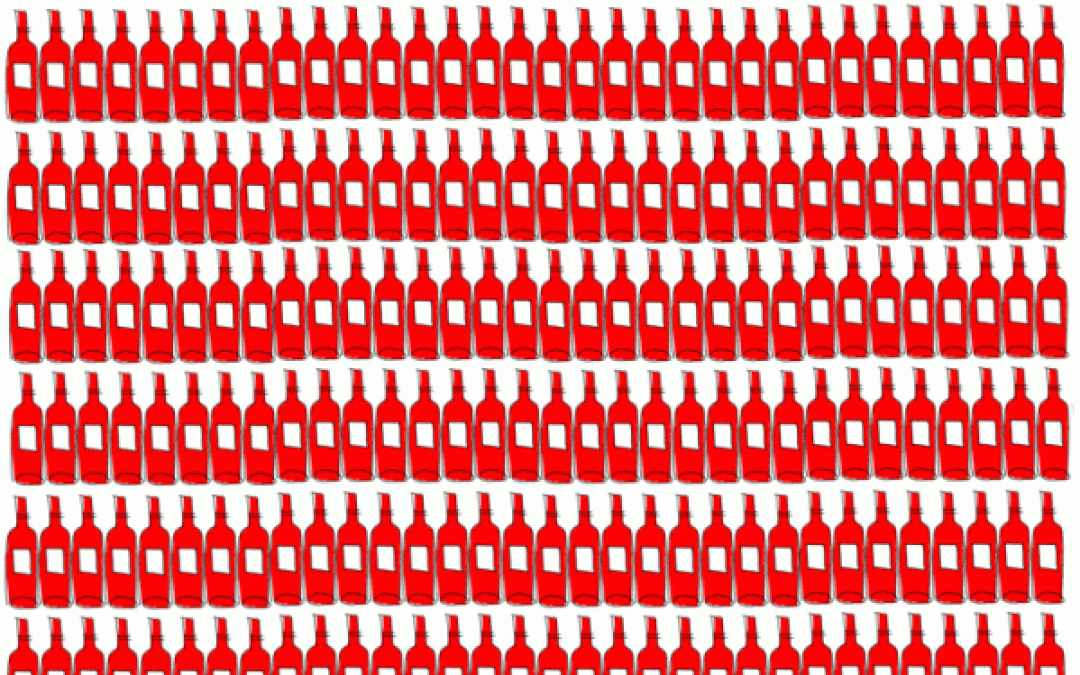
The Age of Meaning: Break Through the Commodity Barrier
Moving Your Brand Into the Age of Meaning: It’s Not a Trend, It’s Survival The Age of Meaning has significant impact on business visions, brand management, and marketing execution. In today’s fast-changing and competitive marketplace, it is hard to maintain a distinct and meaningful difference in the hearts and minds of people. It seems that as soon as you make a product improvement or change your service offering, your competitors are there either matching you or upping you one. There is another playing field available for your brand; one that most brands are blind to. It’s the...
Read more >









